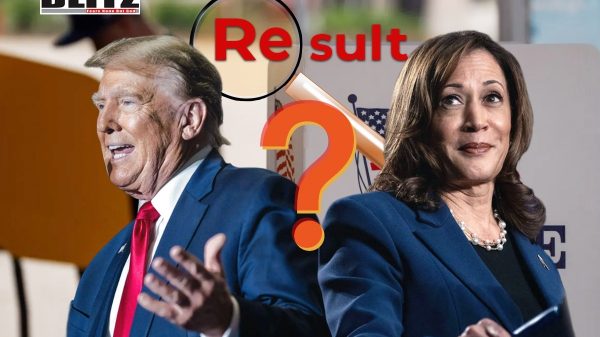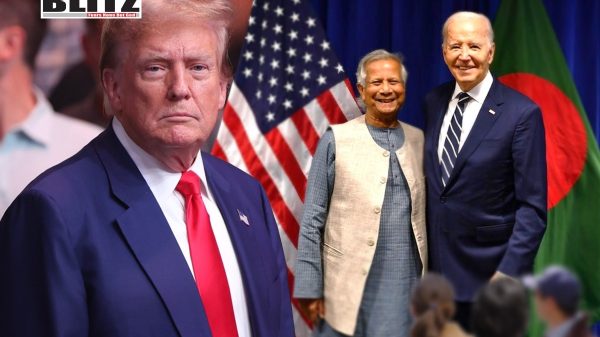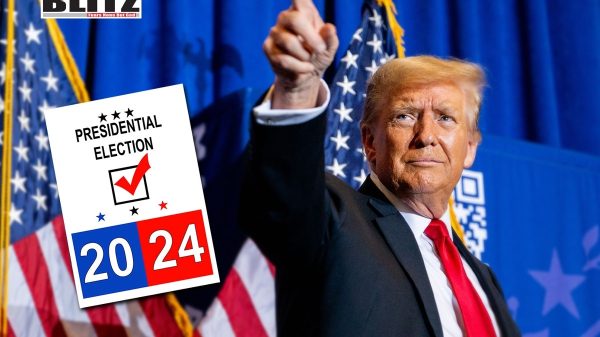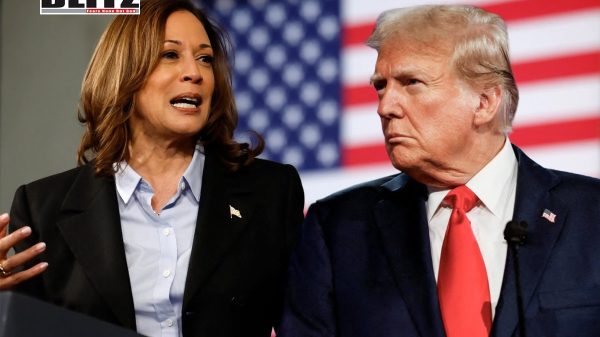US election 2024 results how long will we have to wait ?
- Update Time : Wednesday, November 6, 2024

As Americans prepare to cast their votes on Election Day, November 5, 2024, election officials and experts alike are advising patience in awaiting the final results. In what is anticipated to be one of the closest races in recent memory, voters may not know the outcome until days after the polls close. Concerns over potential legal challenges, delays in counting mail-in ballots, and the process of state certification are contributing factors that could slow down the announcement of the next President of the United States.
To understand why election results may take time to finalize, it’s essential to grasp the basics of the Electoral College. Unlike many other countries, the United States does not elect its president by a direct popular vote. Instead, when Americans vote, they are essentially choosing electors for the 538-member Electoral College. Each state’s electoral vote count is determined by its representation in Congress, meaning states with larger populations carry more weight in the election. The candidate who garners a majority of 270 Electoral College votes wins the presidency.
For 2024, the contest is between Democratic Vice President Kamala Harris and Republican challenger Donald Trump. With both candidates fighting hard to secure the necessary 270 votes, the stakes are high, and delays in counting could lead to an extended period of uncertainty.
This election has seen significant early voting turnout, with roughly 81 million ballots cast prior to Election Day – more than half the total votes cast in 2020. This trend in early voting, largely attributed to mail-in ballots, could both aid in early processing and complicate the count. In certain states, mail-in ballots cannot be processed before Election Day, meaning states like Pennsylvania and Wisconsin might face delays in finalizing their counts.
While some may expect results by the end of Election Day, the reality is that finalizing vote counts often takes days, especially in a tight race. Voting booths close at different times across the United States, with the first polls set to close at 6:00 p.m. Eastern Time (2300 GMT) on Election Day. In cases where a clear margin separates candidates, results can be called quickly, as was the case in 2016 and 2012.
However, if the race remains close, a clear winner may not emerge until several days later. In 2020, the Associated Press and other major media outlets didn’t project a winner for Democratic candidate Joe Biden until Saturday, four days after Election Day. Various factors, including a surge in mail-in voting due to the pandemic, slowed down the counting process in that election. With similar numbers of mail-in votes anticipated this year, particularly in battleground states, this process could take just as long, if not longer.
Another major factor potentially delaying results is the risk of legal challenges. With the stakes high, both campaigns have mobilized teams of lawyers ready to contest the results in key states if needed. These lawsuits could involve requests for recounts, challenges to mail-in ballot validity, or disputes over voter eligibility. If recounts are triggered in close races, particularly in battleground states, this could further delay a conclusive result.
Once votes are counted, results are not officially confirmed until they are certified at the state level. Certification is a process where local election authorities verify and confirm the final vote count. Though typically a formality, certification has faced increased scrutiny and politicization in recent elections, especially since Donald Trump’s refusal to concede in 2020. Legal and political pressures can create delays as officials may refuse to certify the results.
In a report by Citizens for Responsibility and Ethics in Washington (CREW), at least 35 election officials have refused to certify results in recent years, and they may do so again this year. Moreover, in 2022, nearly 22 county election officials in battleground states delayed certification – a 30 percent increase from 2020, according to experts at the Brookings Institution. If similar actions occur in 2024, certification delays could disrupt state and federal deadlines.
To maintain a smooth transition of power, the United States follows a structured timeline for certifying and confirming electoral votes. Each state is expected to certify its results by December 11, allowing electors to cast their ballots for the candidate who won the state’s popular vote. These electoral votes must then be received by the President of the Senate, who is also the Vice President – in this case, Kamala Harris – by December 25.
On January 6, Congress officially counts and confirms these votes, solidifying the election results. Only after this process is complete can the incoming president be officially inaugurated on January 20. Although certification usually proceeds smoothly, potential legal and political disputes could impact this timeline, creating additional uncertainty about the final result.
As election results come under increasingly intense scrutiny, experts are warning about the risk of obstruction in the certification process. If officials refuse to certify results, it could lead to a series of legal and bureaucratic hurdles that delay the entire process. CREW has noted that obstructing certification deadlines could impact state and federal deadlines for submitting electoral votes, leading to further complications.
In 2020, Trump and his allies filed numerous lawsuits challenging the vote counts in key states, although most were dismissed by the courts. Given the contentious atmosphere surrounding the 2024 race, it is likely that both parties have prepared to file legal challenges if any discrepancies or irregularities arise. The unprecedented number of lawsuits filed before Election Day this year suggests that legal battles may complicate tabulation, especially in states with high numbers of mail-in ballots.
The prospect of a protracted election outcome can be frustrating for the public, but experts are urging patience, particularly in a tight race where every vote counts. With such a large number of early ballots and potential delays in counting, Americans may need to prepare for a wait before the winner is announced.
Election officials are focused on ensuring an accurate count, not a swift one, and the lengthy verification process is in place to protect the integrity of the election. In close races, taking additional time for recounts and addressing legal challenges can be essential for upholding the democratic process.
Ultimately, while the wait may feel long, it’s important to remember that the United States’ electoral system has built-in mechanisms to verify and confirm results accurately. As the country looks toward January 20 and the peaceful transition of power, patience, transparency, and adherence to these processes will be key in ensuring a legitimate outcome, regardless of which candidate wins.
















Leave a Reply